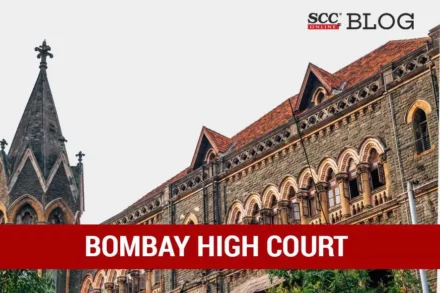
Delhi High Court issues directions for Trial Court while passing bail orders; Condemns use of derogatory language in legal pleadings
Use of inappropriate and derogatory language, undermining the dignity of individuals, based on their gender, falls beyond the permissible bounds of language expected in legal pleadings.
Continue reading


